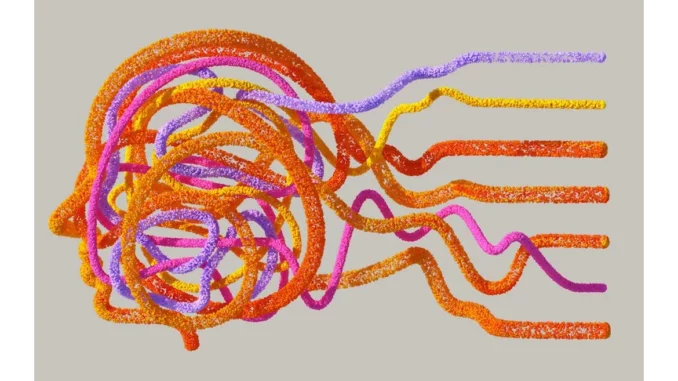
In the dynamic landscape of medical imaging, innovation requires both agility and endurance. Recently, I had the opportunity to converse with Dr. Min-Jae Kim, a senior researcher at Neurophet, a pioneering South Korean company specialising in artificial intelligence. Our discussion centred on the company’s remarkable achievement: securing a second clearance from the United States Food and Drug Administration (FDA) for Neurophet Aqua, their advanced brain image analysis software. Despite the relaxed setting of our meeting, the conversation was deeply enriched by the fervour and commitment that had propelled the team to this significant milestone.
Dr. Kim, with modest pride, described this FDA clearance as a pivotal achievement. “Receiving this second clearance is not merely a nod to our technological prowess, but a testament to the relentless efforts of our entire team,” he remarked. “Since obtaining our initial FDA clearance last year, we have been diligently enhancing our technology.” Neurophet Aqua is engineered to analyse brain atrophy in neurodegenerative diseases such as Alzheimer’s through MRI scans. With the latest FDA endorsement, its capabilities now extend to evaluating multiple sclerosis and white matter hyperintensities using T2-FLAIR imaging. Dr. Kim’s enthusiasm was palpable as he explained the significance of these advancements.
“Both multiple sclerosis and white matter hyperintensities present considerable challenges to clinicians due to their intricate and often subtle nature,” he explained. “Our software harnesses the power of AI to deliver unprecedented precision in analysis, transforming it into an invaluable asset for neurologists and radiologists in the United States.” The FDA’s stringent 510(k) process, as Dr. Kim outlined, demands comprehensive evidence of a device’s safety and efficacy. “This rigorous evaluation is crucial,” he noted, “as it ensures that emerging medical technologies can be trusted by both healthcare professionals and patients.”
Neurophet initially made its mark with its first FDA clearance in May of the previous year, a moment Dr. Kim described as transformative. “It was a critical validation of our technology, granting us entry into the US market,” he recalled. “However, we recognised that our journey had only begun. We were driven to innovate further and expand our software’s functionalities.” In discussing the competitive landscape, Dr. Kim acknowledged the commendable progress of fellow South Korean companies such as Vuno and Lunit, both of which are making significant strides in medical imaging AI. “It’s an exhilarating era for South Korean AI in healthcare,” he observed. “Collectively, we are part of a broader movement that is reshaping modern medicine on a global scale.”
Dr. Kim particularly admired Vuno’s success with their ECG-based software, which recently secured regulatory approval in South Korea. “Their work in diagnosing hyperkalemia is groundbreaking,” he commented. “It exemplifies the diverse applications of AI across different medical fields, beyond just imaging.” As our conversation broadened to encompass the far-reaching implications of these technological advancements, Dr. Kim underscored the potential of AI to democratise access to superior medical diagnostics. “AI enables us to extend expert-level analyses to regions previously underserved,” he asserted. “This capability is vital as we strive to elevate health outcomes worldwide.”
As our dialogue drew to a close, Dr. Kim shared his aspirations for the future with an unwavering determination. “Our focus extends beyond the present,” he expressed. “We are committed to continuous refinement of our technology and to broadening its applications. Our ambition is for Neurophet to lead in medical AI innovation, not merely within South Korea, but on a global scale.” Engaging with Dr. Kim provided an enlightening glimpse into the realm of medical imaging AI. The endeavours of companies like Neurophet transcend mere technological progression; they are fundamentally about enhancing human lives. As these entities continue to forge new paths, there is an undeniable sense of optimism for the future of healthcare.
In parting, I was left with a deep respect for the vision and dedication that fuel innovators like Dr. Kim. The journey of Neurophet serves as a poignant reminder that every technological advancement is underpinned by a dedicated team of individuals passionately committed to making a meaningful impact on the world.


Be the first to comment